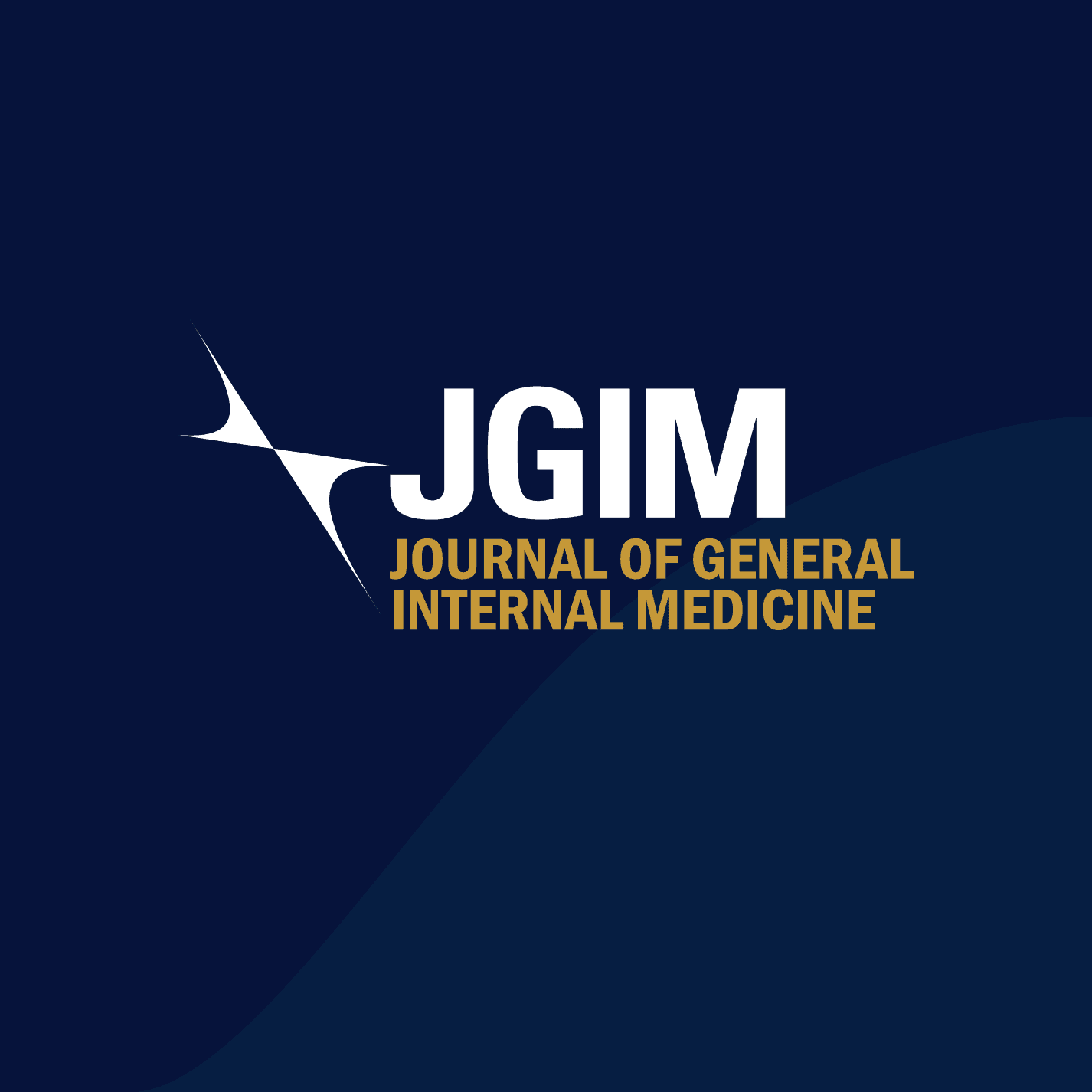Abstract
Background
Despite guideline recommendations to offer continuous glucose monitoring (CGM) to all patients with diabetes using insulin, prescription rates for CGM remain low in primary care.
Objective
This quality improvement project aimed to improve access to CGM in primary care for patients with type 2 diabetes on insulin.
Design
This was a quality improvement project conducted by a joint endocrinology/primary care team at a single primary care community health clinic. After defining the problem through process mapping, driver diagrams, and Pareto charts, several interventions were trialed through Plan-Do-Study-Act (PDSA) cycles.
Participants
The study team consisted of four endocrinologists, two primary care providers (MD/NP), the lead primary care nurse, and the primary care population health specialist.
Interventions
Interventions included a directory for durable medical equipment (DME) suppliers, nursing education with device company representatives, a new electronic ordering system for DME, and a nursing outreach program to patients eligible for CGM.
Main Measures
The primary outcome was percentage of eligible patients using CGM. Process measures included the number of CGM orders started weekly. Nursing comfort with CGM, knowledge of CGM, and perceptions of communication with DME suppliers were also measured.
Key Results
The percentage of eligible patients using CGM increased from 28 to 42%, and the percentage of patients using CGM started in primary care increased from 8 to 14%. Weekly orders increased from 0.3 per week to 2.3 per week. Nursing reported feeling more comfortable and knowledgeable about CGM after the interventions and reported improved communication with DME suppliers.
Conclusions
CGM is known to improve outcomes for patients with diabetes but is an underutilized tool in primary care. Collaborative quality improvement projects between endocrinology and primary care can rapidly build capacity within primary care to prescribe CGM and expand access for patients with diabetes who do not have endocrinologists.
Topic
JGIM
Author Descriptions
MGH Diabetes Unit, Massachusetts General Hospital, Boston, MA, USA
Kristen L. Flint MD, Caitlin A. Colling MD, Josephine H. Li MD & Melissa S. Putman MD, MMSc
MGH Broadway Primary Care-Revere, Revere, MA, USA
Madeline Fiore MD, Angela Justice RN & Jarra Carney NP
Share
Related Articles
Clinical Utility of Routine Monoclonal Gammopathy Testing in the Evaluation of Peripheral Neuropathy
Abstract Background Peripheral neuropathy can be associated with certain monoclonal gammopathies; therefore,…
Starting Two or More Drugs Concurrently in Primary Care: How Often Is It Done, How Often Is It Needed?
Abstract Background There is growing awareness of the need for more cautious,…


